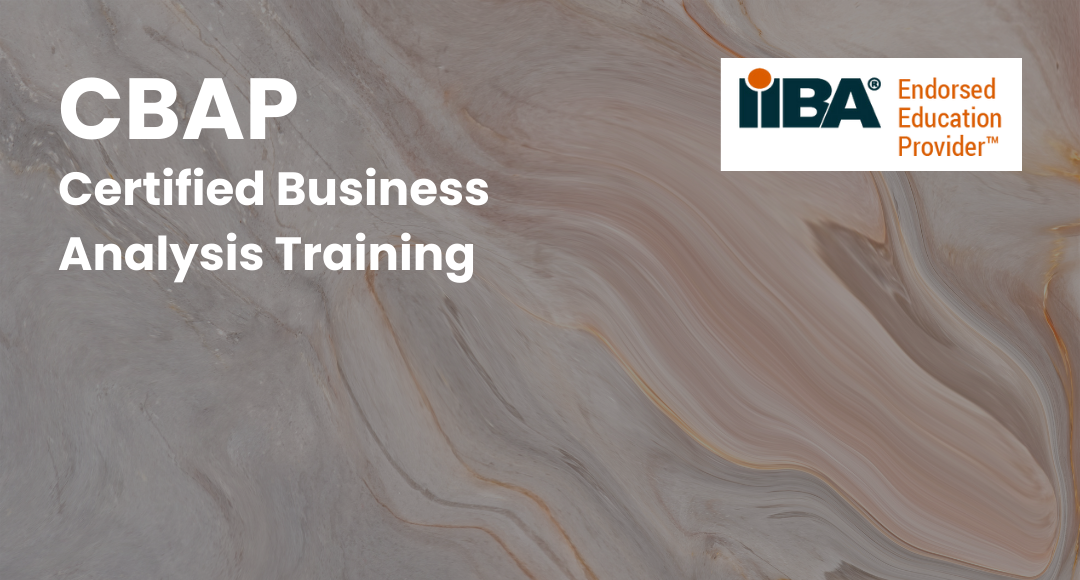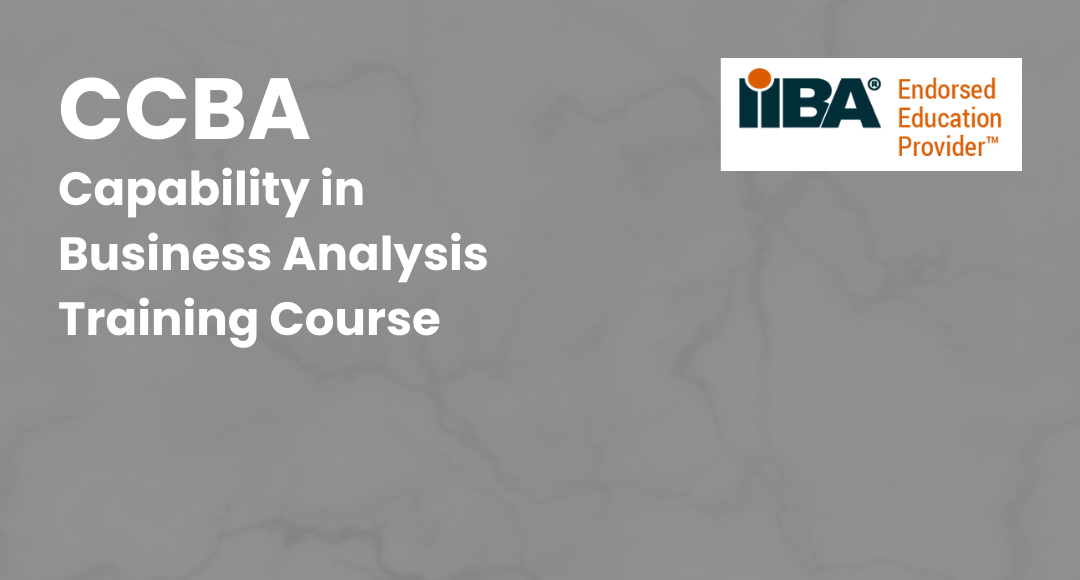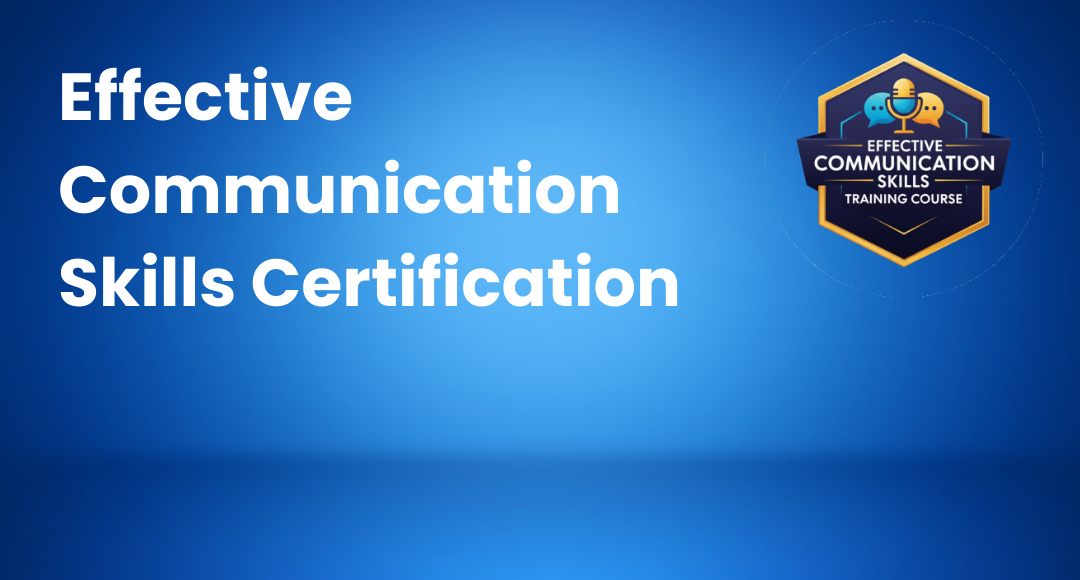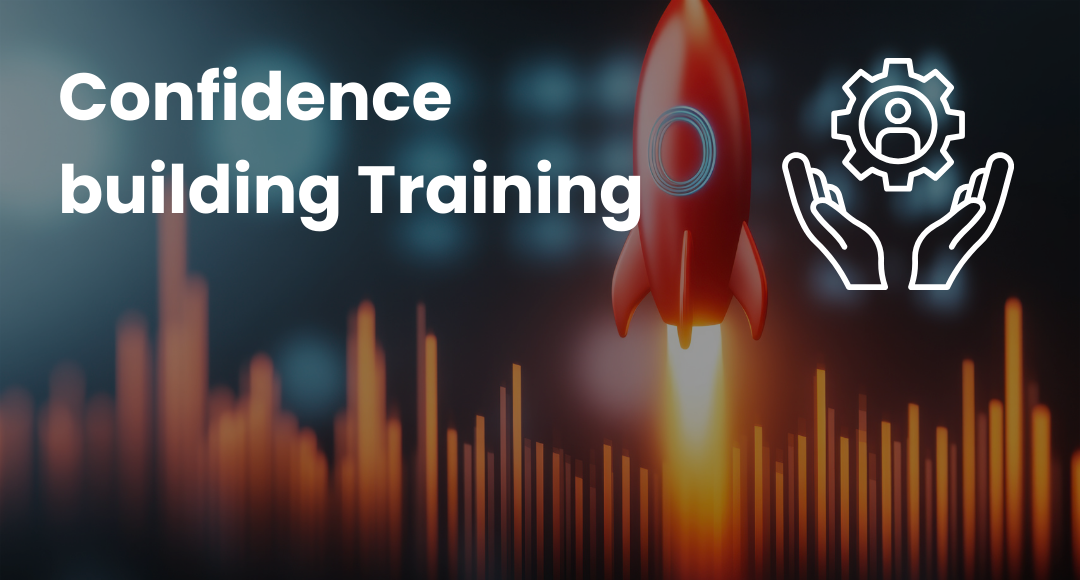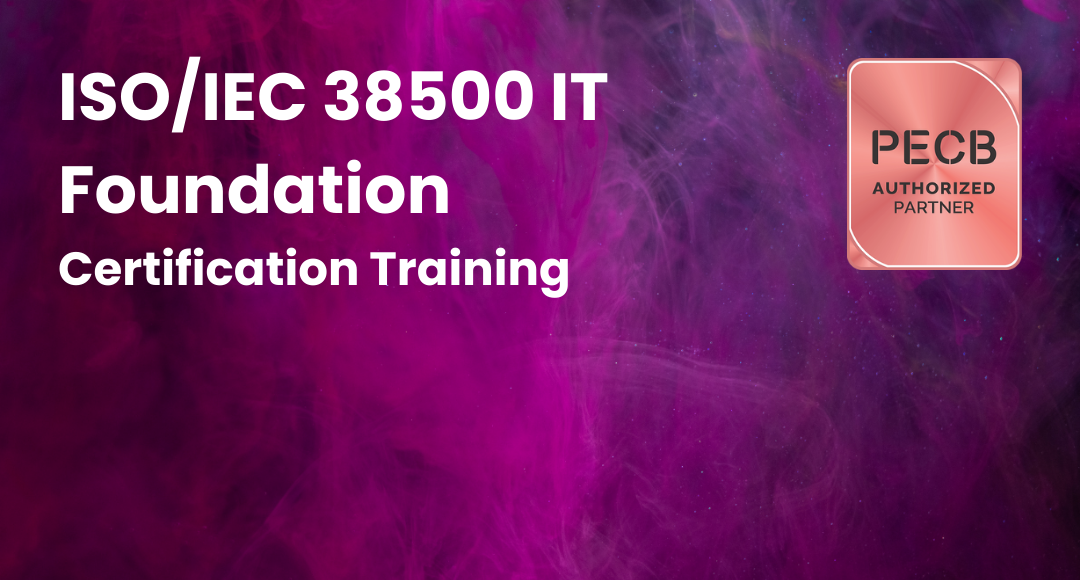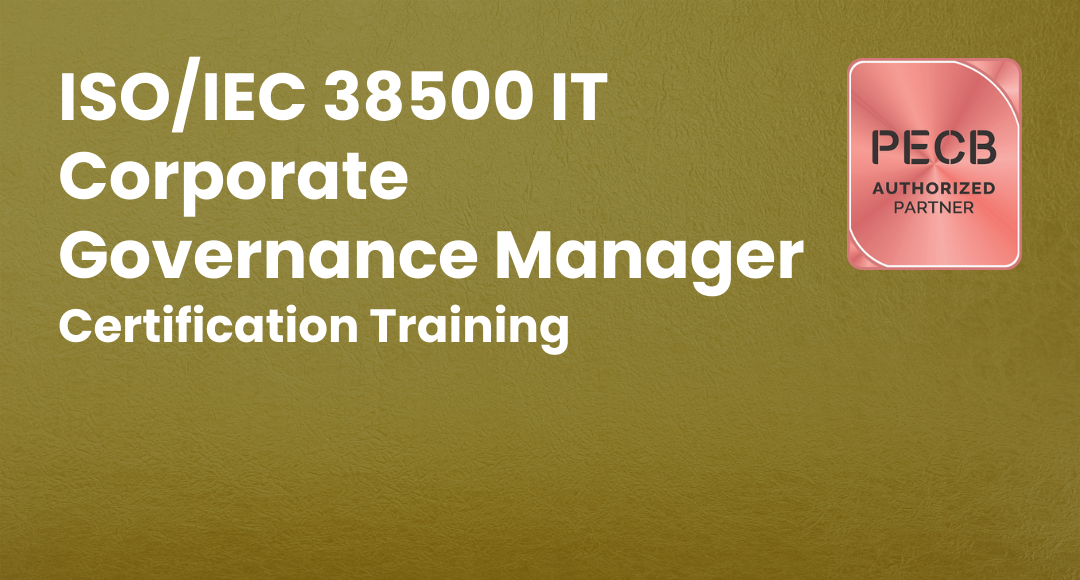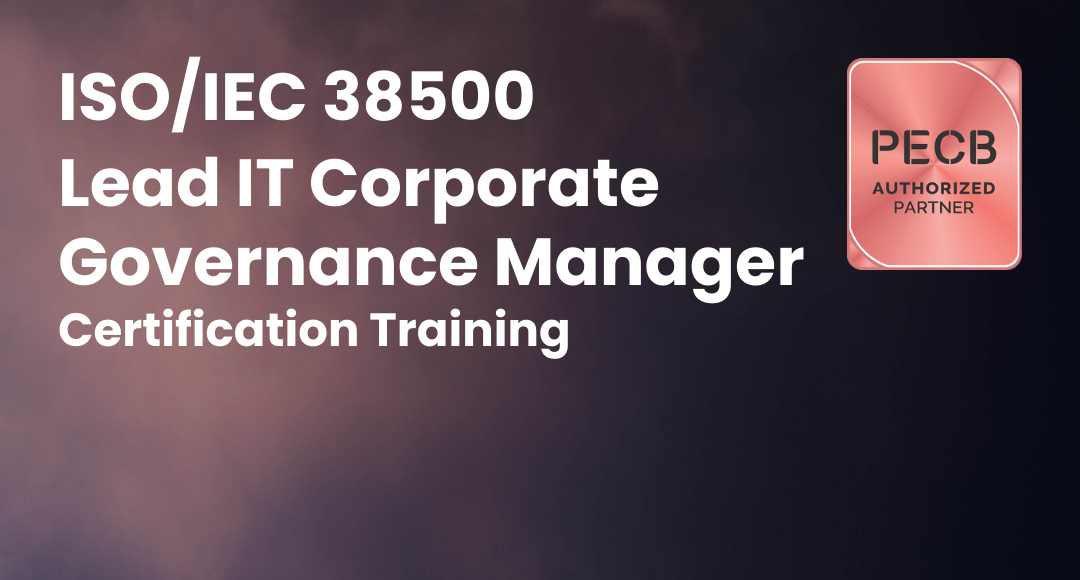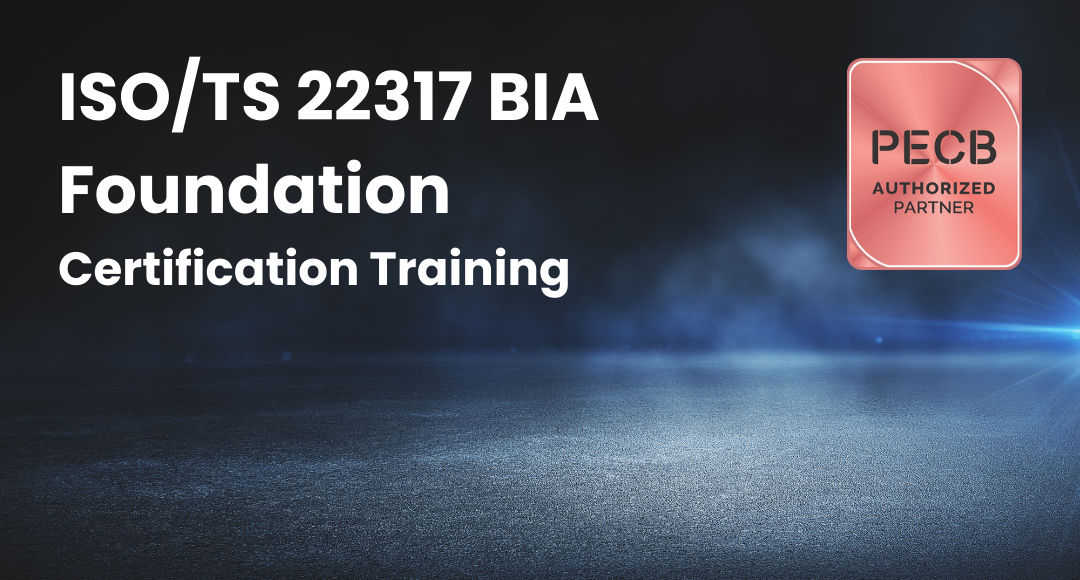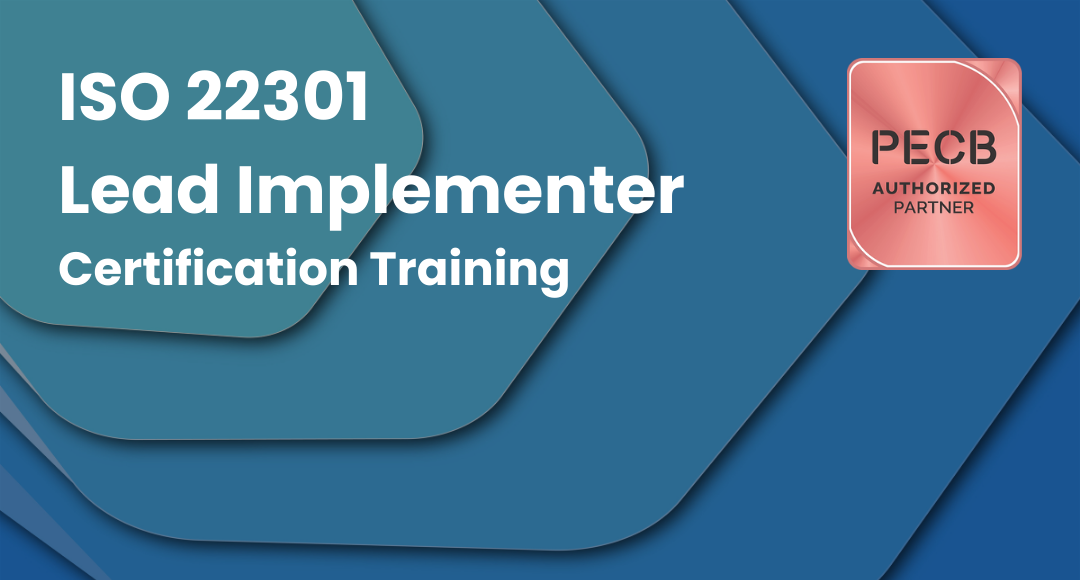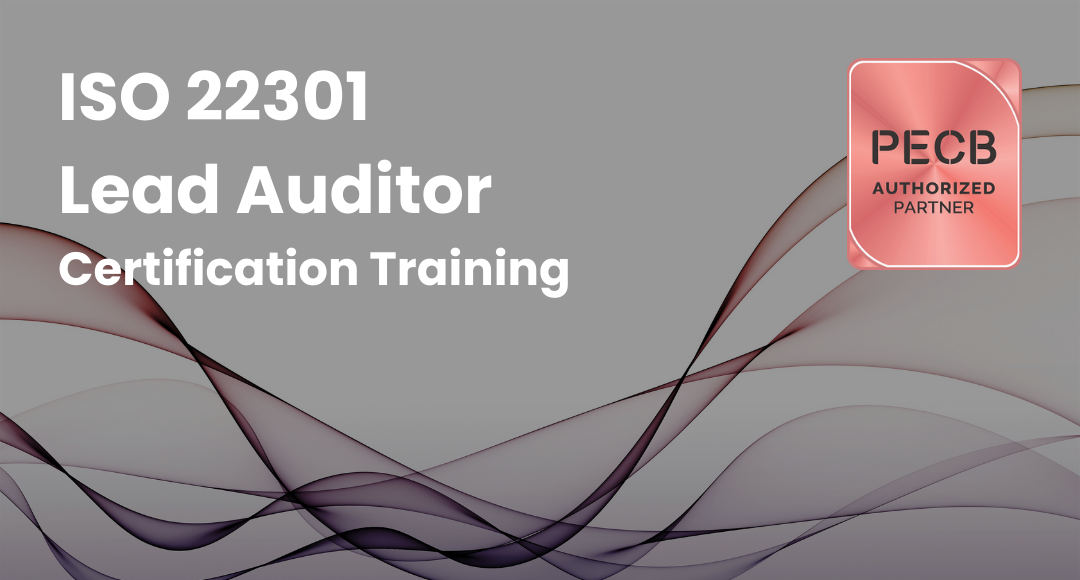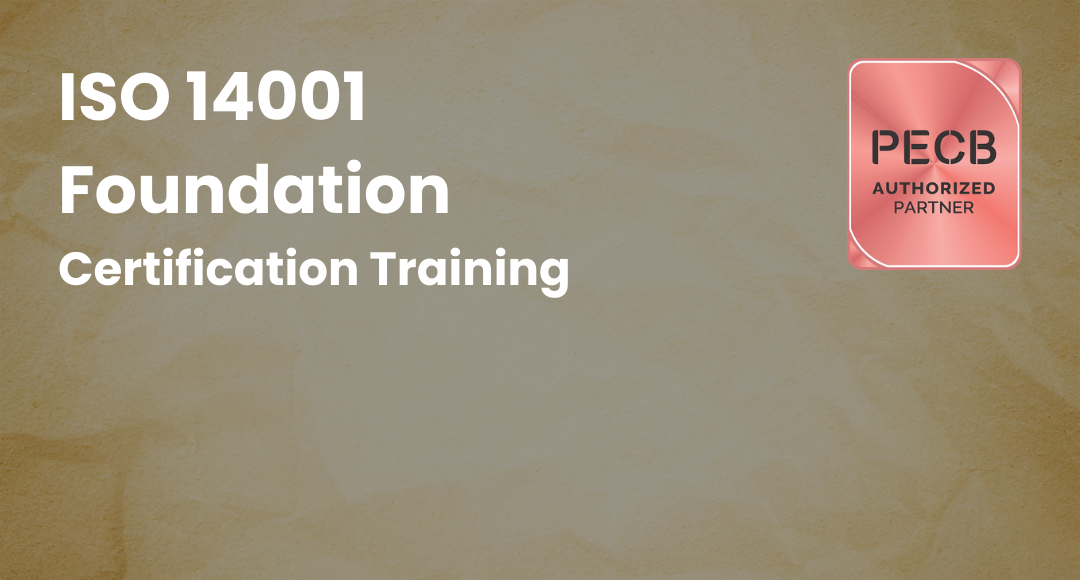Business Analyst Skills List 2026
-
 By Afra Noorain
By Afra Noorain
- Published on Aug 9 2024

Table of Contents
Who is a Business Analyst?
A Business Analyst is a person who analyzes and documents the business to bring it up to a high position. They use the attributes of market environment, process, or system business.
Business Analysts are the representatives of change professionals who research their business or organization by reporting the system process and business to assist within the model, identifying liabilities, and originating solutions. A business analyst enquires about business needs and a functional analyst translates and segregates requirements into system functions/solutions. These requirements work as a manual process without involving the system or any paper-based file etc.
Business analysts proceed with many other job titles, such as:
- Business Architect
- Business Intelligence Analyst
- Business System Analyst
- Data Scientist
- Management Consultant
- Process Analyst
- Product Manager
- Requirements Engineer
- System Analyst
A business analyst can transform an organization by addressing negative thoughts and fostering a more robust, competitive, and digital-based business environment.
Roles and Responsibilities of a Business Analyst
- Should have better knowledge of the business process, requirements, design, and implementing solutions.
- Keep up with the latest technologies to automate the process and Engage with business experts and users to improve efficiency.
- Need business analyst skills to figure out how to research the business process, reply to the feedback, and manage the team members. Ability to handle budgeting and forecasting.
- Important to check the regular requirements of planning and monitoring the projects.
- A business analyst takes complete responsibility for pricing.

- Better to conduct detailed market research and competitive analysis.
- Responsible for regular reporting and bridging IT-business gaps using data analysis.
- Managing all the competing resources and priorities with regular checks on deliverables.
- Need to handle the project management at the end.
- Understand specific ideas, technologies, and functionalities.
Top 10 Business Analyst Skills
A business analyst should be able to perform multiple duties. It would lead them to have a strong skill set that works for both technical skills and non-technical skills. The business analyst skills set are;
- Understanding the Business Objective
- Analytical and Critical Thinking
- Communication and Interpersonal Skills
- Negotiation and Cost-Benefit Analysis
- Decision-Making Skill
- Programming Languages
- Creation of Reports and Dashboards
- Database and SQL
- Microsoft Excel
- Documentation and Presentations
Here we discuss the business analyst skills list:
1. Understanding the Business Objective:
A business should be able to reach the organization’s goal by solving the problem as much as possible. It helps them to recognize the problems and come up with a better solution.
It is always good for the business analyst to have the domain knowledge to work with the organization. It would help them to bring up the invention in the business.
Always the business analyst's work should enable a change with the motive of increasing sales, scaling up production, improving revenue streams, etc.
It is better to understand the business motive initially in a business analyst’sjourney.
2. Analytical and Critical Thinking:
The client’s requirements of analyzing and translating requirements are done by the business analyst. Critical thinking helps the business analyst to work with multiple options to receive a better solution.
Business analysts focus on understanding and gathering the client’s requirements. Hence critical thinking helps to show the the business needs. A good analytical mind would help the business analyst to reach the goal even if there is a limitation in the resources and the conditions.
3. Communication and Interpersonal Skills:
Communication and interpersonal skills are common in business analysts. Communication is the basic ability to communicate concisely with clients and stakeholders about their requirements.
They use verbal and written communication to convey information such as ideas, facts, and opinions to clients. To get confidence in facilitating meetings, the business analyst should have good communication and interpersonal skills.
Recommended Sprintzeal Course:
Communication Skills Certification
4. Negotiation and Cost-Benefit Analysis
It is necessary to highlight here that a business analyst should have negotiation skills. In every project phase, the business analysts might negotiate. It works in the initial stage of the project for the analyst to decide and negotiate to include the project visions.
Business analysts use their negotiation skills to the priority levels and requirements based on the requests. Negotiation skills play a significant role in the project's progress in deciding a function and fulfilling the requirements. Technical decisions are also used for negotiation skills.
5. Decision-Making Skill
Another important and basic skill is the Decision-making skill which is a non-technical skill. A business analyst makes the final decisions in the business; however, it impacts the company’s business directly or indirectly. They should decide the requirements before presenting their decision.
In addition, a business analyst interprets the problem and finds a solution for the business approach before making the decision.
Hence they test the other alternative approaches to make decisions based on the thoughts and requests. They implement the solution to test it finally.
The business analyst also considers whether a particular design is discussed in the business or not.

6. Programming Languages:
Business analysts often lack programming language knowledge, but R and Python are beneficial for efficient data analysis.
These languages offer libraries for data manipulation, visualization, and analytics, while statistical software like SAS and SPSS is recommended for better understanding.
7. Creation of Reports and Dashboards:
The creation of reports and dashboards is an essential skill for business analysts. Business analysts should be aware of using business intelligence tools for creating reports and dashboards.
General reports and dashboard reports are done by the business analyst to solve decision-making problems. It is necessary to make different reports based on the business request.
Requirements the sound knowledge of Tableau, QlikView, and Power BI is used.
8. Database and SQL:
The next skill is Database and SQL. They are very easy programming languages. The business analyst should have these programming languages to perform even better.
The business analyst usually works with structured data to store and process the heavy data. The Database and SQL programming languages contain relational databases such as Microsoft, SQL Server, MySQL database, Oracle DB, and NoSQL databases.
The basic procedure for database and SQL is to write data definition and data manipulation commands such as create, delete, select, update, insert, etc.
9. Microsoft Excel:
Microsoft Excel is one of the fundamental and most important business analyst skills everyone should have.
Excel is one of the most powerful and elderly analytics in reporting tools; basically, the business analyst uses several calculations of knowledge, and budget analysis to perform on unraveling business patterns.
Creating different charts by using excel to get dynamic reports relates to helps the business problem. Hence it summarizes data by creating pivot tables on the charts.
Microsoft Excel is employed to make an idea and editorial calendar, product list expenses, and revenue growth models for each new product supported by recent customer forecast; all of their help to make charts of the products is to budget across each category.
Excel calculates the customer discount based on monthly purchase volume by-products to the business analyst. They even help to find areas of a product for customer revenue to build strong customer relationships.
10. Documentations and Presentations:
A business analyst should have clear knowledge about their project documents to teach well and get the results concisely. They should be able to present their projects confidently in front of the stakeholders and clients.
If the business analyst finds a problem in the presentation they can use the previous solutions to save time and prevent unwanted issues.
Conclusion
All the above-listed business analyst skills are very important. They are a combination of hard skills and soft skills. All these skills would help the business analyst to be a successful business analyst expert technically. Every organization demands business analysts to lead them in the correct direction. The business analyst should adopt all of these skills to become an excellent socializer and communicator in the business analyst project field.
To become a Business analyst expert enroll with Sprintzeal to get training and certification.
Here are some articles that might be useful to you;
BUSINESS ANALYSIS CERTIFICATIONS 2026
UPDATED BUSINESS ANALYST INTERVIEW QUESTIONS AND ANSWERS 2026
BUSINESS ANALYST CAREER PATH IN 2026
Here are some courses that might be useful to you;
CCBA Certification Training Course
Popular Programs
ISO/IEC 38500 IT Corporate Governance Manager
Live Virtual Training
- 4.2 (650 + Ratings)
- 65k + Learners
ISO/IEC 38500 Lead IT Corporate Governance Manager
Live Virtual Training
- 4.3 (650 + Ratings)
- 54k + Learners
Trending Posts
Mastering Student Finances with AI: The Ultimate Guide for Comfortable Living
Last updated on Feb 28 2025
Why Manufacturers Should Invest in Both Machines and People
Last updated on Sep 3 2025
Business Analyst Job Requirements - Qualifications and Skills
Last updated on Jan 22 2024
Business Analyst Job Profile – Role, Skills and Challenges
Last updated on Sep 7 2023
Updated Business Analyst Interview Questions and Answers 2026
Last updated on Aug 30 2024
Fundamentals of Business Impact Analysis (BIA): Best Practices to Implement
Last updated on Aug 5 2024
Categories
- Other 83
- Agile Management 49
- Cloud Computing 58
- Project Management 175
- Data Science 71
- Business Management 89
- Digital Marketing 88
- IT Service Management 36
- Programming Language 61
- AI and Machine Learning 94
- IT Security 113
- Quality Management 78
- IT Hardware and Networking 28
- Microsoft Program 5
- Workplace Skill Building 15
- Risk Management 10
- Information Security 8
- Leadership and Management 10
- Corporate Training and Development 1
Trending Now
Process Maps - How to Create and Use Them
ebook11 Best Business Blogs 2026 (UPDATED)
ebookCBAP Certification Exam Preparation Guide 2026
ebookBusiness analyst career path in 2026
ebookCCBA Certification Career Transformation Guide
ebookUpdated Business Analyst Interview Questions and Answers 2026
ebookTop Salesforce Interview Questions and Answers 2026
ebookWhat Is Business Continuity Planning?
ebookBusiness Analysis Certifications 2026
ebookBusiness Process Mapping Guide for Beginners
ebookWhat is Business Analysis - A Complete Guide
ebookRemote Working Methods for 2026
ebookBest Business Analytics Tools in 2026
ebookWhat is Salesforce? A Beginner's Guide
ebookWhat is Digital Business? An Introduction
ebookBusiness Analyst Job Requirements - Qualifications and Skills
ebookBusiness Analyst Job Profile – Role, Skills and Challenges
ebookTypes of Business Analyst Roles in 2026 – Responsibilities and Earnings
ebookBusiness Analyst Qualifications and Skills in 2026
ebookBusiness Analyst Career Road Map Explained
ebookHow to Become a Business Analyst: Step-by-Step Guide
ArticleBusiness Analyst Job Description - Key Role and Responsibilities
ebookBusiness Analyst Career Guide 2026
ebookWhy Become a Business Analyst in 2026: Top Reasons and Scope
ArticleFundamentals of Business Impact Analysis (BIA): Best Practices to Implement
ArticleBenefits of ISO 26000 for Strengthening Business Continuity
ebookThe Essential Guide to ISO Standards in Business Management
ArticlePrinciples of ISO 14001 Foundation
ArticleUnderstanding ISO/IEC 38500 IT Foundation and its application
ArticleTop Professional Business Certifications Trending in 2026
ArticleSteps to Implementing ISO 22301 Foundation: A Complete Guide
ebookUnderstanding ISO 37101 Foundation and Its Role in Sustainable Development
Article7 Core Principles of ISO 26000: A Guide to Ethical Organizational Practices
ebookThe Reason For The Fall Of BlackBerry
ArticleGoogle and Innovation: What Makes it Most Innovative?
ArticleBest Business Analysis Books You Need to Read in 2026
ArticleWhat is MBA in HR: Overview, Scope and Benefits
ArticleHow to Become a Product Manager: A Step-by-Step Guide
ArticleWhy Reliance Industries is a Global Giant?
ArticleTata Growth and Global Success: Best Lessons and Their Impact
ArticleMost Sold Ford Car: Global Rankings and Success Insights
ArticleHow Disney's Success Story Became a Global Entertainment Powerhouse?
Article4 Proven Approches to Build a Strong LinkedIn Community
ArticleHow to Write an Executive Summary for a Business Plan?
ArticleEssential Business Tools Every Female Founder Should Have
ArticleThe Role of Technology in Scaling a Small Business
ArticleMastering Student Finances with AI: The Ultimate Guide for Comfortable Living
ArticleBusiness Automation: Reshaping Modern Enterprises
ArticleThe ROI of Automated Invoice Processing: What Can Your Company Save?
ArticleCareer Opportunities After a Distance MBA in India
ArticleModeling Business Processes in Law Firms: Optimization Through Modern Technologies
ArticleBoosting E-Learning Visibility with SEO and Video Translation Strategies
ArticleBuild a Store That Sells: E-commerce Essentials Explained
ArticleMaximizing E-Commerce Efficiency: Top Plugins Every Online Store Needs
ArticleMastering Digital Communication: Tools That Redefine Transparency in Teams
ArticleWhat Is HubSpot CRM & Why Should You Choose It For Your Business?
ArticleHow Does Personalization Impact Cold Email Success?
ArticleThe 5 Best Lead Finder Tools for Brand Collaborations
ArticleThe Complete Guide to Bootstrapping Your SaaS
ArticleHow to Build a One-Person Business Like a Team of Ten? Bloggervoice
ArticleMaximize ROI: Why Quality Video Animation Services Matter
Article6 Digital Tools Every Solo Founder Should Be Using by Now
ArticleHandle Sales, Tax, and Inventory Seamlessly with Billing Software for PC
ArticleTax Saving Options for Working Individuals in 2026
ArticleHow to Use AI Video Generators and Online Video Translators to Grow an International Audience
ArticleBest Accounting Software For Etsy Bookkeeping
ArticleOutsourcing: Everything You Need to Know
ArticleIn-House vs. Outsourced AI Development: Finding the Right Balance
ArticleAffordable Asset Management Software for Small Teams
ArticleFrom Delays to Instant Approvals: The Power of Real-Time Insurance in Labs
Article3 Best Video Meeting Tools to Simplify Remote Work and Hybrid Teams
Article5 Top Accounting Software Options for Construction Firms
Article5 Best Debt Collection Tools for Faster Payments and Scalable Growth
ArticleWhy Manufacturers Should Invest in Both Machines and People
ArticleMBA Interview Questions and Answers Guide 2026
ArticleTop 8 Tools for WhatsApp And HubSpot Integration in 2026
ArticleThe Future of Networking and CRM: Building Stronger Business Connections
ArticleThe Best 3D Architectural Rendering Companies
ArticleMastering Your Sales Funnel to Maximize Every Conversion
ArticleMastering the Art of Interpersonal Communication
ArticleITAM and Finance: Depreciation, GL Mapping, and Audit-Ready Records
Article8 Best Cost-Effective ISO 27001 Compliance Solutions for 2026
ArticleWhy Your Business Really Needs a Shopify Consultation
ArticleTurning workforce data into actionable insights
ArticleSteps to Become an Investment Banker—Skills & Career Guide
ArticleBusiness Loan Comparison Calculator: How to Pick the Right Financing in Minutes
ArticleWhy Manual Accounts Payable Fails at Enterprise Scale—and How Automation Performs
ArticleTop MBA Degrees in San Francisco
Article

